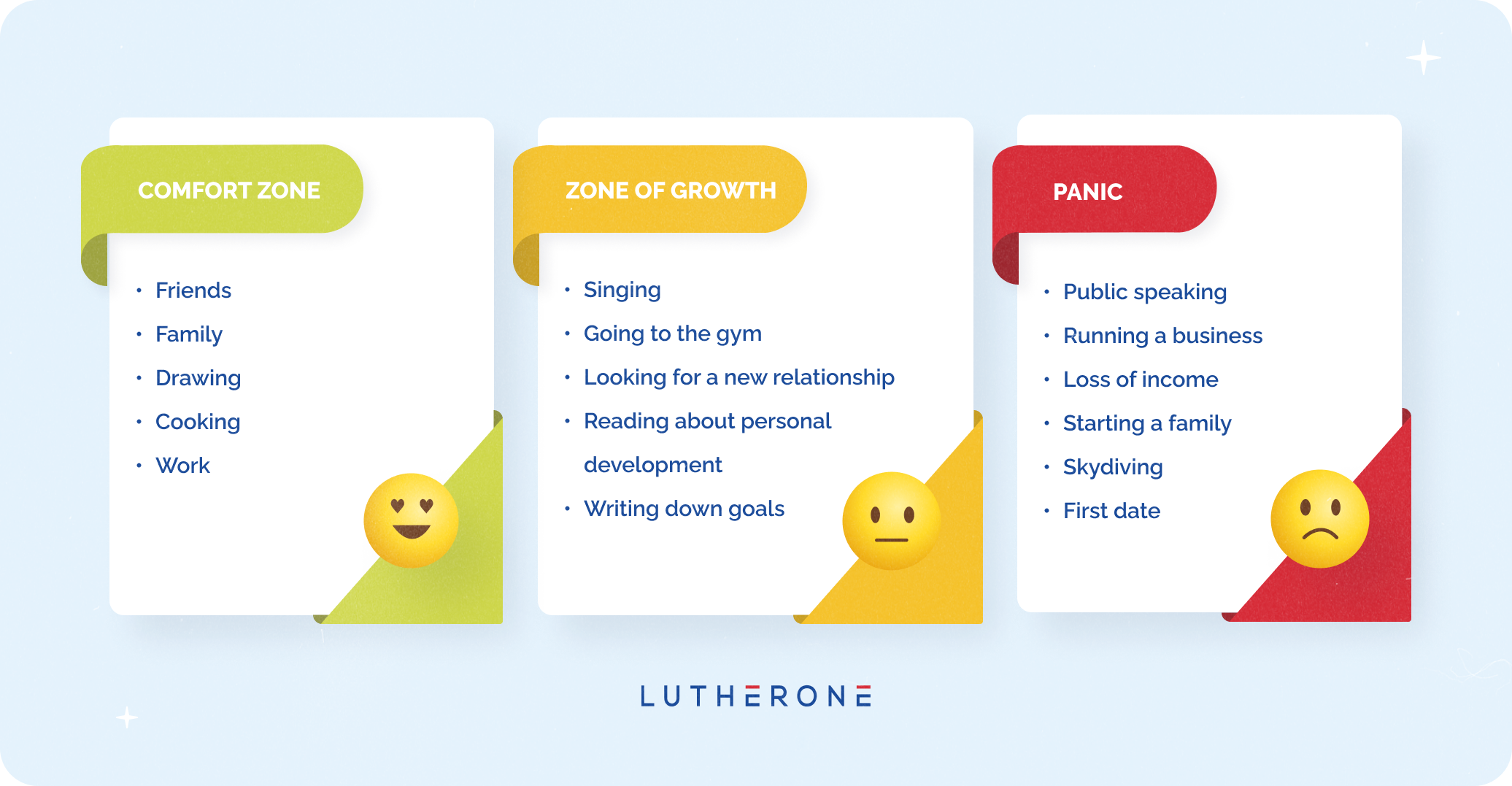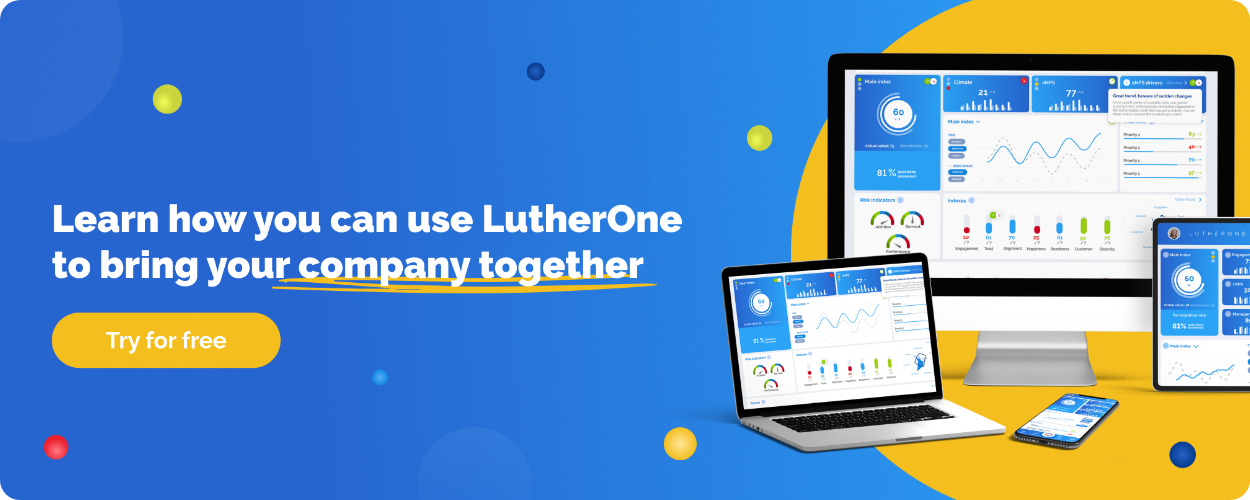EMPLOYEE ENGAGEMENT
Our Comfort Zone: Limiting Or Empowering?

Comfort zone. That’s where we feel good. We’re satisfied, settled. We let ourselves be lulled by its sense of certainty and ease. Everything’s under control; we don’t feel any stress or anxiety. Everything flows just like it should and nothing will surprise us. We are like a flower in a greenhouse. It’s ideal!
Ideal? Life, unfortunately, isn’t a greenhouse. Whether we want to or not, life will place various obstacles and hazards in our way. And the longer we stay in our comfort zone, the more we lose our ability to adapt and learn. We let opportunities and new possibilities pass us by without noticing them. We stagnate, we don’t develop ourselves; we might even gradually atrophy.
Similarly, our performance inside the comfort zone isn’t usually the best possible. Imagine athletes who, instead of experiencing pre-start anxiety, stay in their comfort zone. Do they have a chance to win there? Is it possible for them to achieve a new personal best? Hardly. The comfort zone will not push you to the limit. Mild stress, on the other hand, will help you achieve your best performance. This useful stress is called eustress. Of course, you need to make sure that it doesn’t tip over into the types of stress that are not useful – distress or panic.
Where do we encounter our comfort zone?
Often, we’re not even aware of all the places and times in which we choose our comfort zone. We know that we should run regularly, but today we feel tired and don’t want to go out into the chilly weather. The lunch at the restaurant was too salty, but we don't want to ruin the mood even more by complaining to the server. Our partner does things we don’t like, but we don’t feel like starting an argument. When trying to solve a new problem, ultimately, we choose a tried-and-true solution because it’s easier and faster than coming up with something new, even if we know that it’s not the best solution, and we could do better. Maybe some other time…
Should we leave our comfort zone and set off into the unknown?
Our introduction might lead you to believe that it’s always beneficial to leave our comfort zone. But that’s not true. By stepping out of it, we lose our certainty and safety; we become vulnerable to stress. This means that we don’t have to step out of our comfort zone every single time and at any cost, but rather that we should evaluate what benefits and positive outcomes we will gain if we do so.
The “when” is also important. In real life, we often tend to maintain the current state even as we are getting more dissatisfied. However, the stress caused by making a change is still worse than the need to come to terms with the fact that the current state is not perfect. Our dissatisfaction grows, swells up, and expands inside us until it explodes. Then we are capable of destroying bridges and burning down houses in one moment.
Never miss a LutherOne article or e-Book: SUBSCRIBE
We just want to get away and free ourselves from what we can’t stand anymore; we don’t even care that we have no idea what we want. All we want is to be gone, and we don’t care where we’ll end up. Anything is better than here! However, this type of revolutionary change - sudden, forceful, and delineating from the previous state of affairs - requires a lot of energy, zeal, and emotion. As soon as they run out and our fuel is spent, we might find out that we’re back in the place from where we were trying to escape. If we don’t have an actual vision of our goal, we will just go around in circles.
If we want to make the most of leaving our comfort zone behind, it shouldn’t be sudden, revolutionizing change. On the contrary – small, evolutionary changes are the correct recipe here. Small steps don’t destroy what was already there but help us move toward a better place. Those are the tiny changes we like, enjoy, and have a high chance to become a part of our new and wider comfort zone. Sustainable changes actually represent short trips out of our bubble and will gradually widen it and inflate it to a bigger size.
If we follow this process, things that used to stress us can suddenly become a part of our comfort zone. And the things that caused us to panic will often become a source of mild stress, nothing more.
So, what can we do about it?
Identify your zones of comfort, growth and panic, so you can know what trigger certain behaviors on you and how to step up of each one of them.

Let’s learn to make timely changes
It’s clear that at first, changes bring some form of discomfort. It takes time to get used to a steeper hill and a higher gear. But what seems difficult at first might very soon become enjoyable. Plus, we experience satisfaction from getting things done, and we are proud of ourselves. But how do we start? How do we determine that the benefits will be bigger than the loss of what we’re leaving behind?
If you decide to step out of your comfort zone, set small, specific goals and plan simple steps that can ideally be taken right away.
And don’t forget to show yourself some appreciation and praise yourself for your courage and results 😉
Find the right balance with the following diagram:

Ready to step-up your performance management game too? Reach out today for a free demo.
.png)

